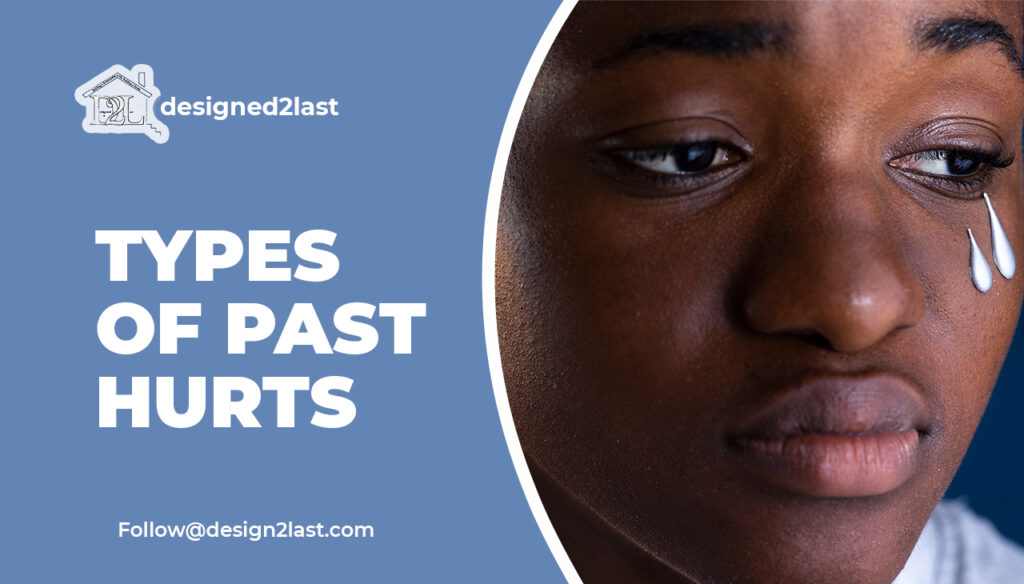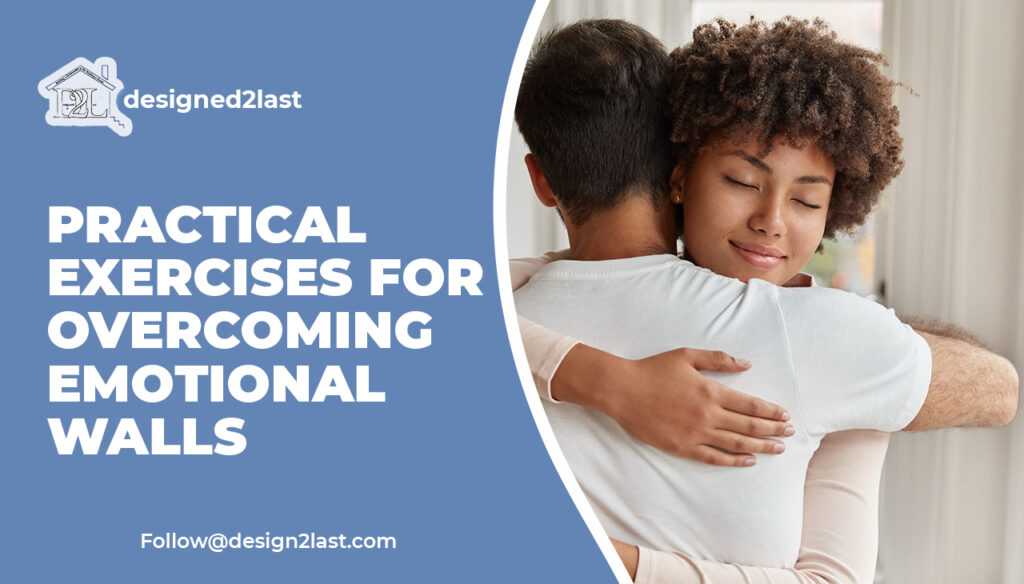
In the fourth installment of our series, “Deepening Emotional Intimacy: From Surface-Level to Soul-Level Connection,” we address a crucial aspect of developing deeper connections: overcoming emotional walls and past hurts. This post will explore how past traumas and conflicts within relationships can hinder emotional intimacy and provide comprehensive strategies for healing and moving forward together. To read more topics like this check here.
Understanding the Impact of Past Hurts
Past hurts, whether they stem from childhood experiences, previous relationships, or conflicts within the current relationship, can create lasting emotional scars that influence one’s ability to trust and be vulnerable. Recognizing the shadows these experiences cast on your current relationship is the first step toward healing.

Types of Past Hurts
- Previous Relationship Trauma: Issues like infidelity, abandonment, or emotional manipulation can lead to fear of repeating the same patterns.
- Childhood Experiences: Early life experiences, such as parental divorce or witnessing unhealthy relationships, can shape one’s views on love and commitment.
- Current Relationship Conflicts: Unresolved disputes or ongoing conflicts can gradually erode trust and intimacy.

Strategies for Healing Past Wounds
Overcoming these past hurts requires a conscious effort from both partners. Here’s how you can begin the healing process:
Acknowledgment and Acceptance
- Open Discussion: Create a safe space for each partner to share their past experiences and how they impact the relationship. This discussion needs to be handled with care and should not be forced.
- Acceptance: Acknowledge that these experiences are part of your partner’s story. Showing acceptance without judgment is vital for healing.
- Therapy: Consider engaging in individual or couples therapy. Professional guidance can help address deep-seated issues more effectively than managing them alone.
- Support Groups: Joining support groups can provide a sense of community and shared experiences, which can be incredibly healing.
- Emotional Literacy: Work on understanding and labeling your emotions accurately, which can help in processing feelings more effectively.
- Resilience Practices: Engage in practices that build resilience, such as mindfulness, meditation, or yoga. These can improve emotional regulation and reduce the impact of stress.

Rebuilding Trust Through Consistent Actions
Overcoming these past hurts requires a conscious effort from both partners. Here’s how you can begin the healing process:
- Consistency: Be consistent in your words and actions. Let your partner know that they can rely on you.
- Small Acts of Kindness: Regular, small gestures of love and appreciation can help rebuild trust and affirm your commitment to the relationship. Click here to see how.
- Supportive Listening: When discussing past hurts, focus on listening to understand, not to respond. Validate your partner’s feelings without trying to “fix” the problem immediately.
- Encouragement: Encourage each other’s efforts in healing and personal growth. Celebrate small victories together.

Practical Exercises for Overcoming Emotional Walls
To further aid in healing and rebuilding intimacy, try these exercises:
- Healing Letters: Write letters to each other or to yourselves about the past hurts. This can be a powerful way to express feelings and start healing, even if the letters are not shared.
- Trust Building Activities: Engage in activities that require trust, like tandem sports or cooperative games, which can strengthen the bond and rebuild trust in a fun and engaging way.
- Memory Making: Create new, positive memories together to counterbalance the past negative experiences. Regular date nights, travel, or starting a new hobby together can all contribute to this.
Conclusion
Healing from past hurts is a journey that takes time, patience, and dedication. By working through these challenges together, you can lay a stronger foundation for a more trusting and intimate relationship.
Looking Ahead
In our next post, we will explore how to maintain emotional closeness over time, ensuring that your relationship continues to thrive through various life changes and challenges.
